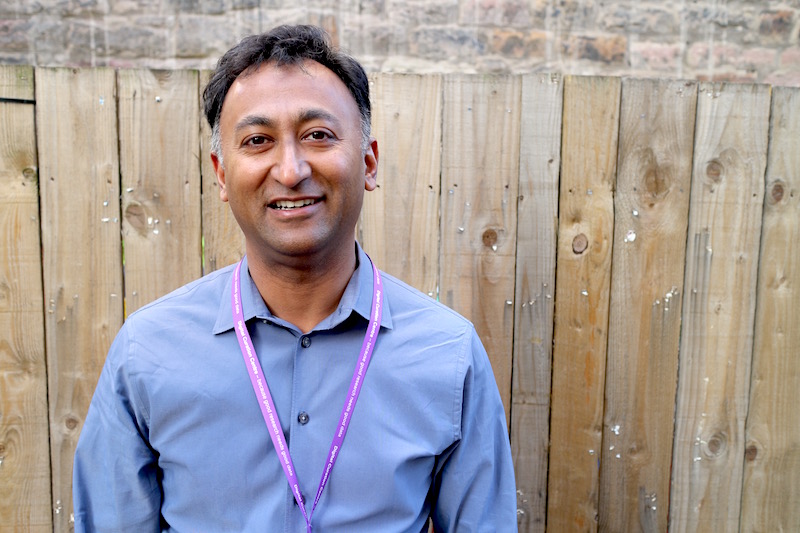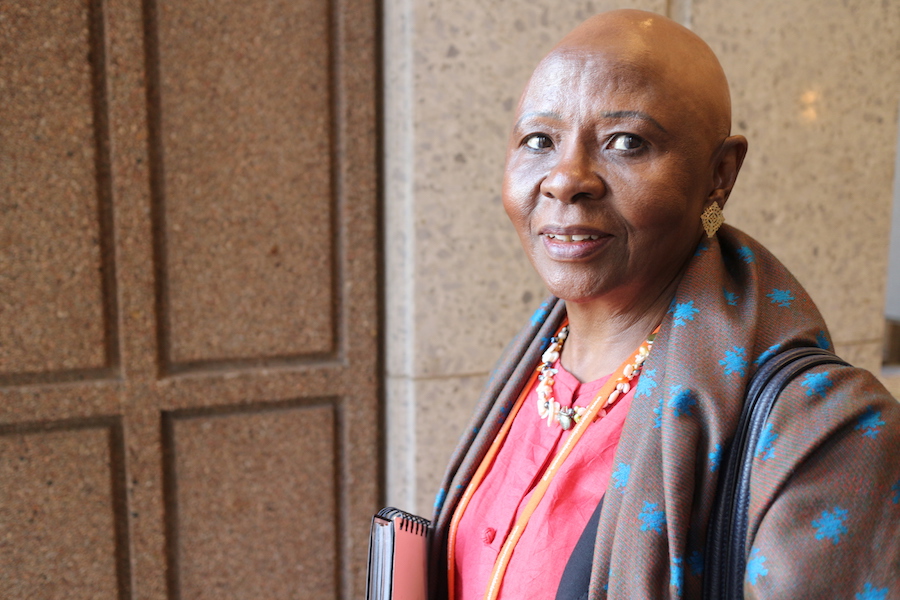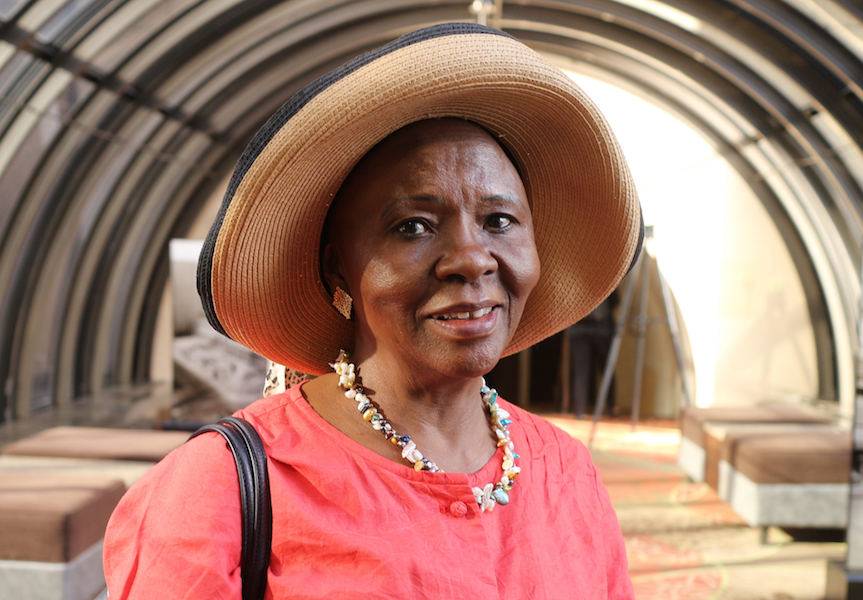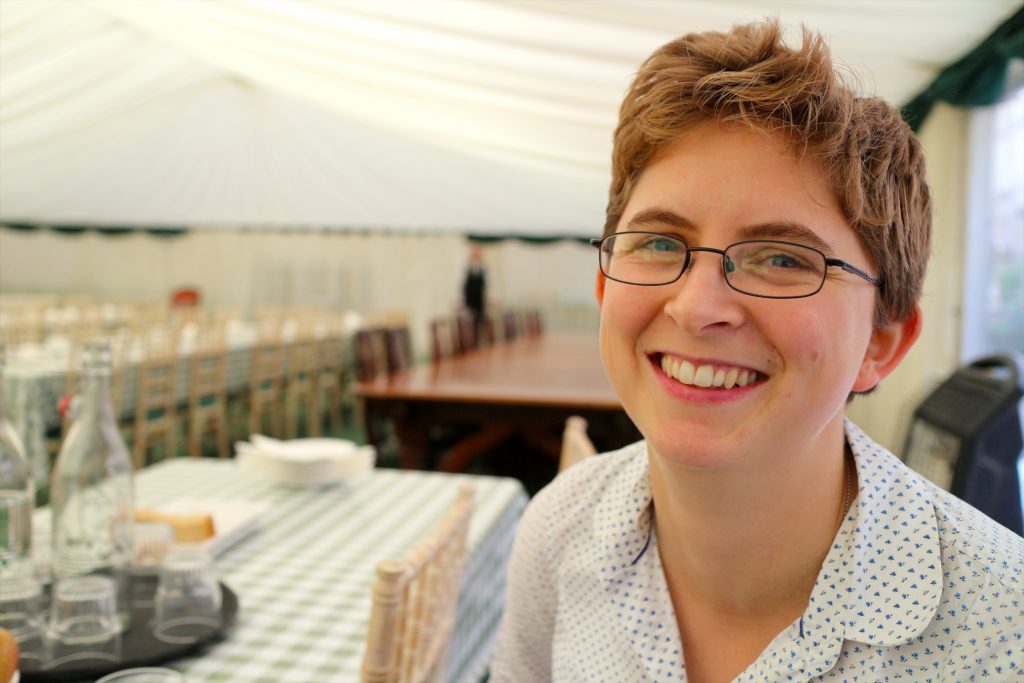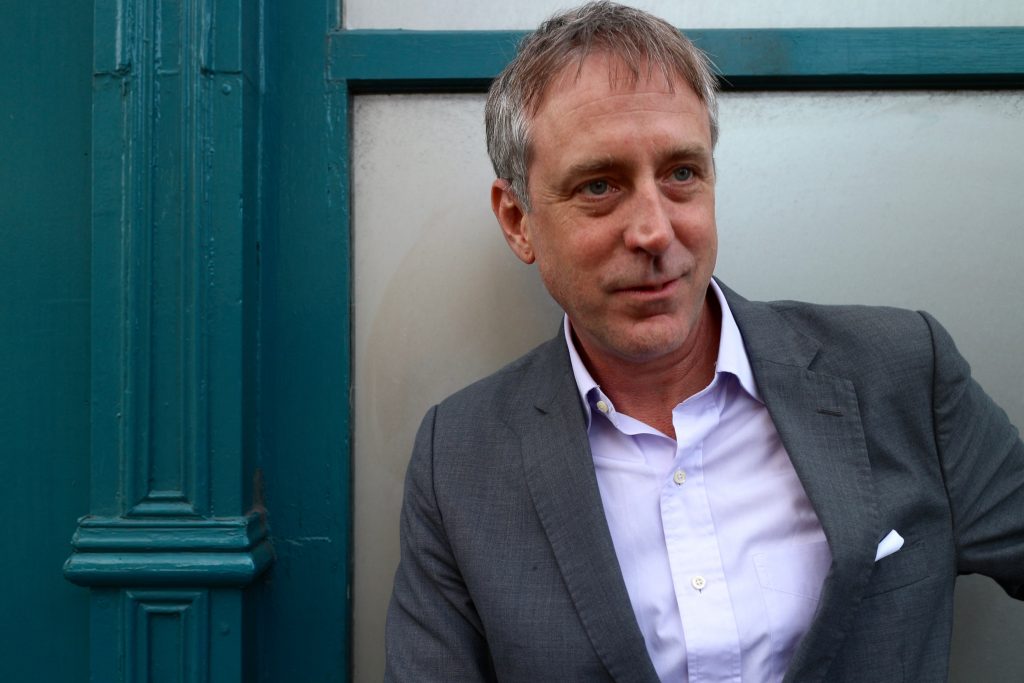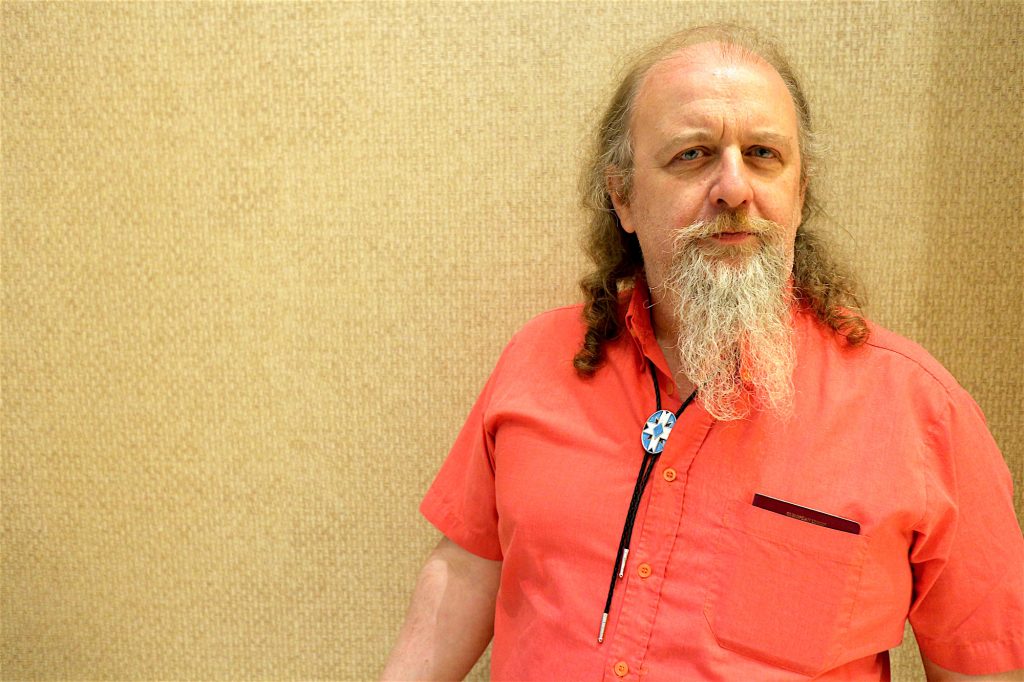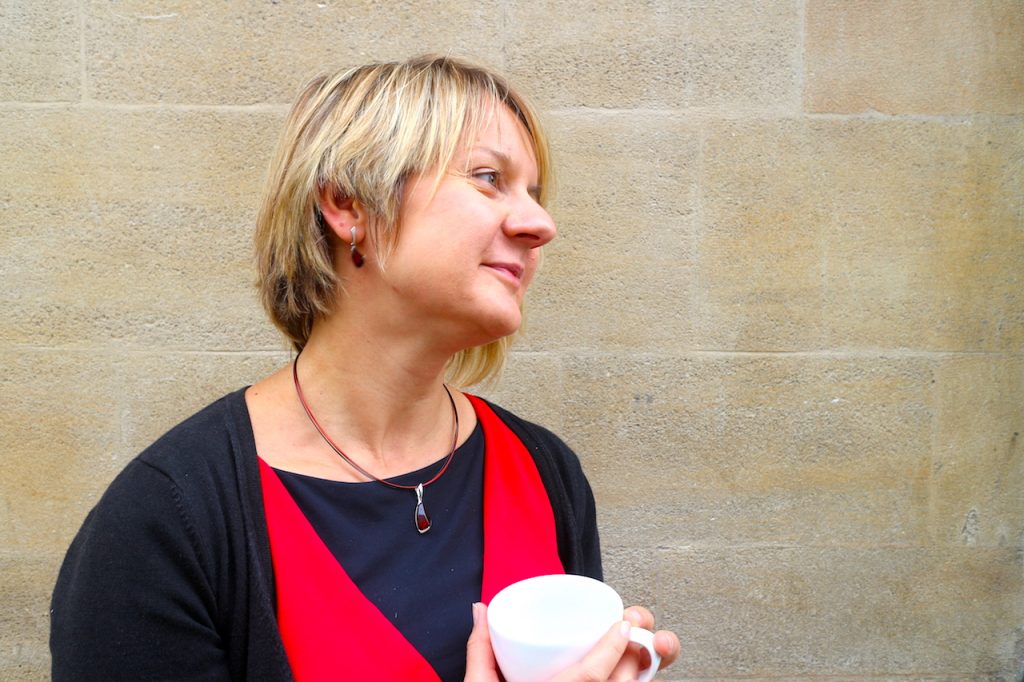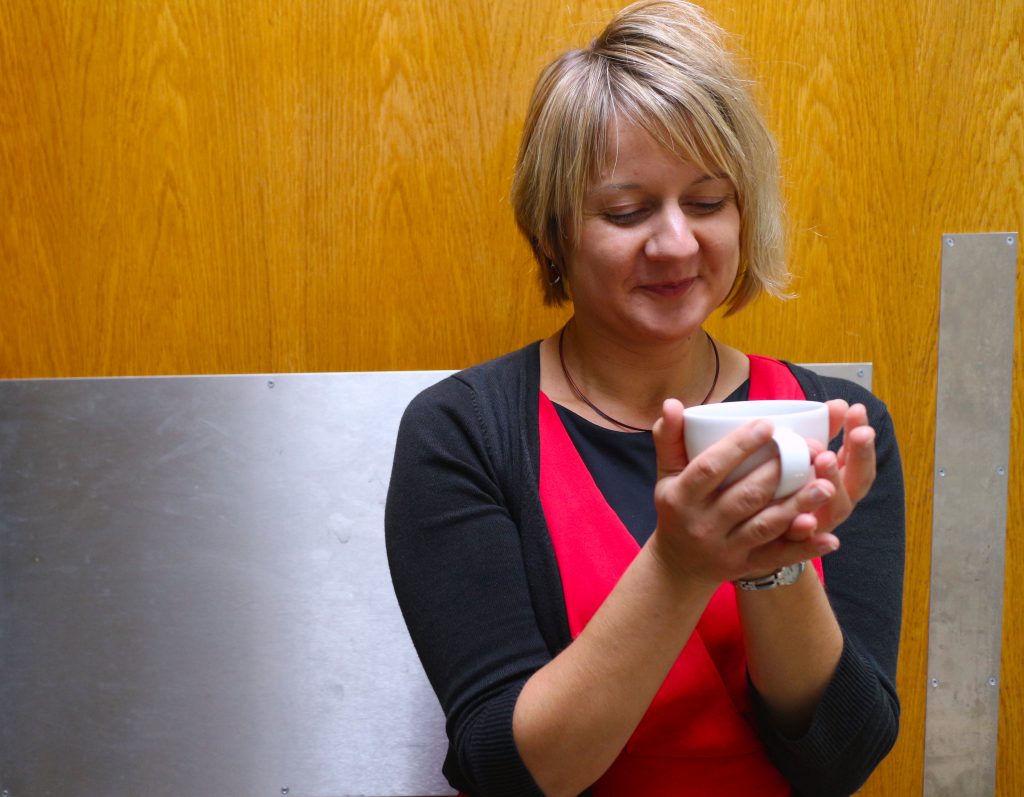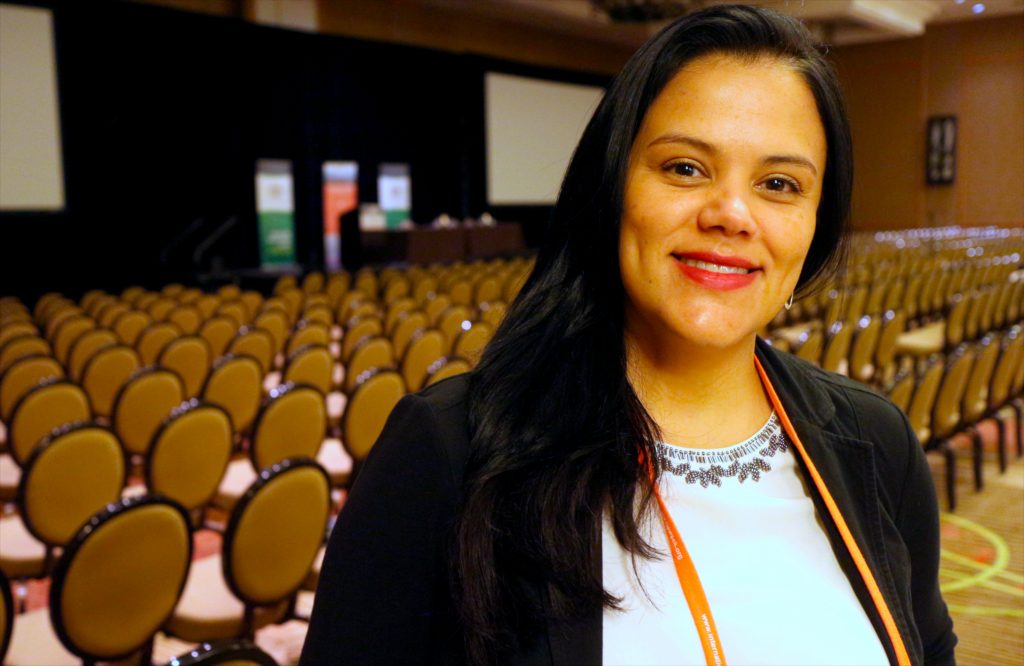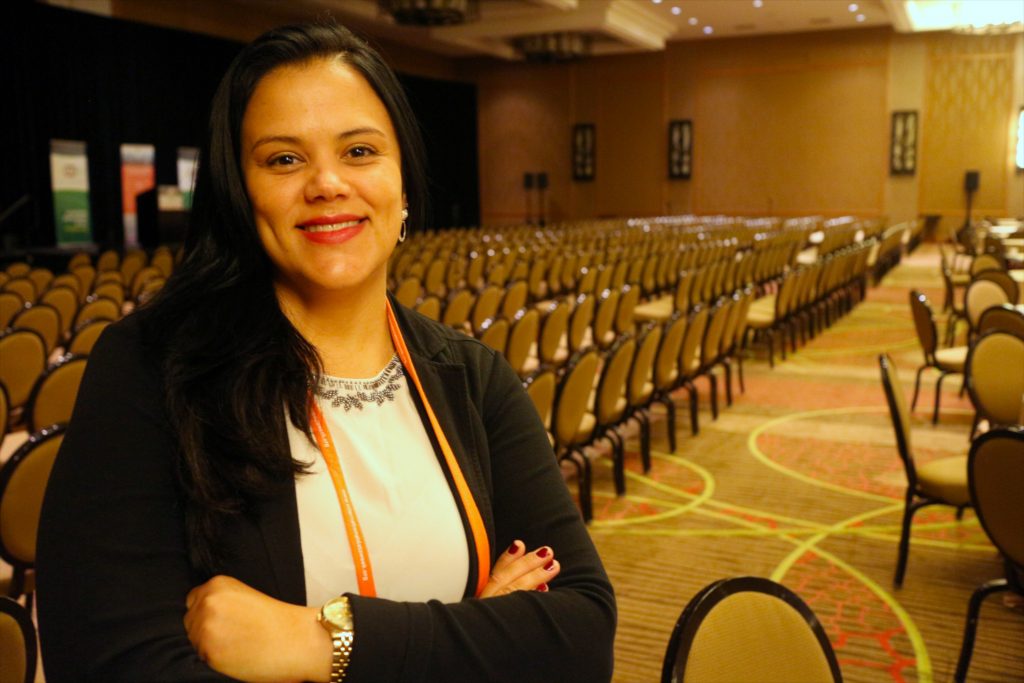“Brené Brown, the social scientist, said that stories are data with a soul. I think about that a lot in the work I do. I’m passionate about it. When I meet the most engaging researchers, they’re good storytellers. Data are ways to connect with stories – data are the underlying content that researchers are sharing through their stories. I’m keen on preserving those stories, sharing those stories, now and in the future.
Particularly now, we’re in an unfortunate situation in the United States where things we had taken for granted – trust and integrity of information – are being questioned. And we’re seeing such an emerging problem with tribalism, where people in their bubbles only talk to each other.
Data are a way we can span between different communities, different tribes, different people. We do that already in the research space, I think, but I hope that by continuing our work in data, we can help to deal with this tribalism issue.”

